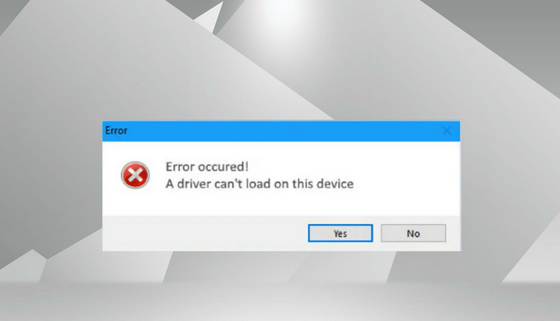Drivers are necessary for the hardware you add to your PC to work well. For example, for your PC’s graphics card to work well, it needs a graphics driver. When your computer cannot load a particular driver, you will receive the error message “A driver cannot load on this device.”
This error often happens when an update is installed because Windows updates can include driver updates that may not work with your hardware. This issue could be caused by Windows updates, old drivers, missing or broken driver files, etc. This post will show you how to fix this error on your computer.
Fix the ‘A Driver Cannot Load on this Device’ Error on Windows 11
If you receive the “A Driver cannot load on this device” error message on Windows 11, here are all the troubleshooting steps you can follow:
1. Roll Back Driver
If this issue started after you changed your driver, the update is broken or incompatible with your hardware. You should be able to fix the issue by returning to the older driver version. The driver information causing the issue will be shown in the error message, so note it.
- Press the Windows + X key combination and then click on Device Manager. start menu device manager
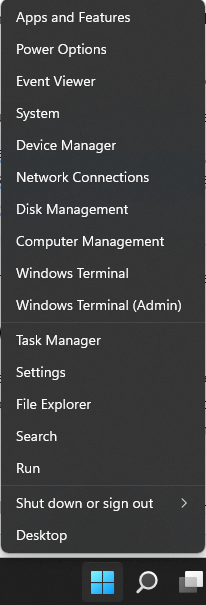
- Right-click on the driver causing the issue, then click on Properties.
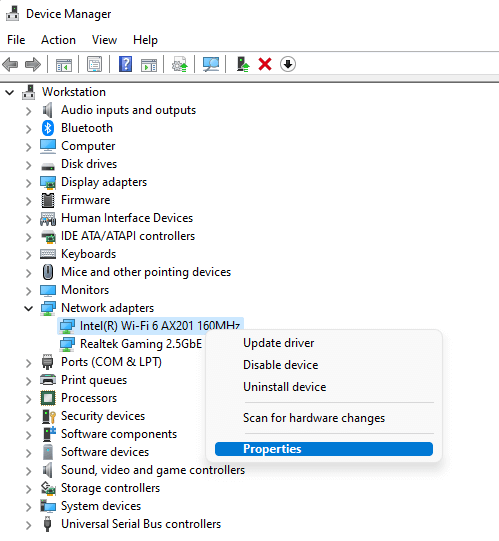
- Head to the Driver tab and click on Roll Back Driver.
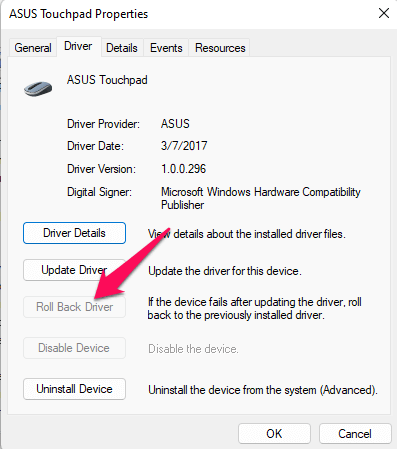
- You will have to select a reason to roll back the driver; select a reason and click on Yes.
- Restart your PC to save the changes.
2. Update the Driver
An “A driver cannot load on this device” error on Windows 11 can also be caused by an out-of-date driver. Follow the steps below to fix the issue and update the driver to the most recent version.
- Open your PC’s Device Manager.
- Right-click on the driver giving you trouble, then click Update Driver. Update Driver
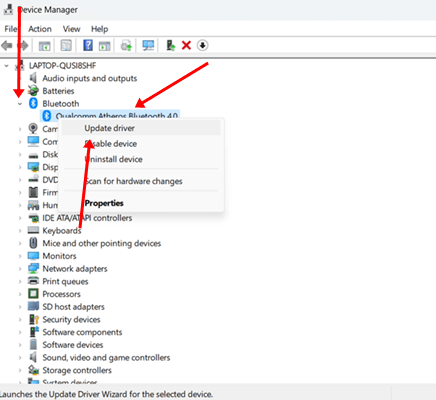
- Now, to update the driver, click on Search Automatically for Drivers.
3. Update Windows
Upgrading Windows to the newest version is the next step to follow. Follow the below steps to do so:
- When you press Windows + I on your computer, Settings will open on your PC.
- Click Windows Update in the column on the left.
- Now, click Check for Updates and install all the updates here. Look for updates
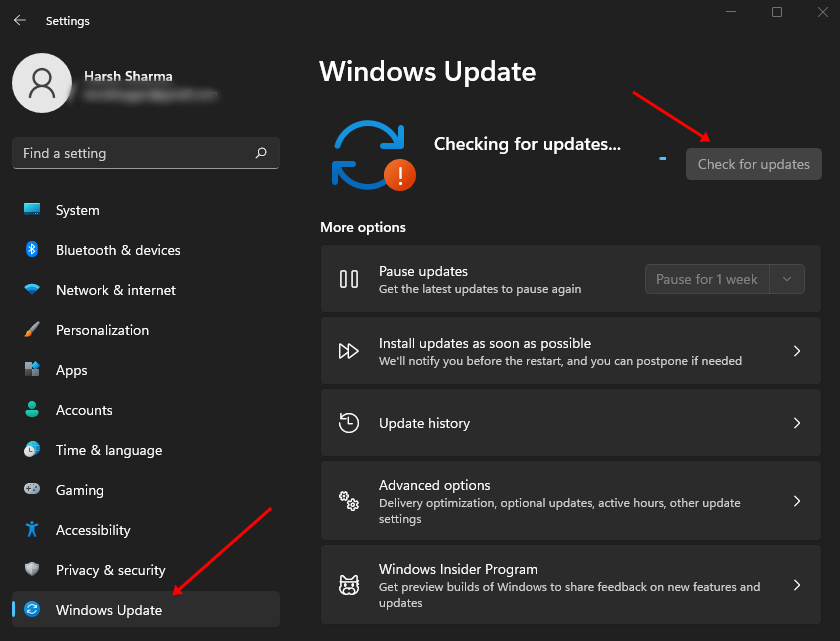
4. Disable Memory Integrity
If you get the error “A device cannot load on this device” in Windows 11, it may be because of the Memory Integrity feature. If you turn this off, your PC can load the driver.
- Click the Start icon on the desktop, type Windows Security, and press Enter.
- Now, click on the option for Device Security.
- Click Core Isolation Details under Core Isolation. Details About Core Isolation
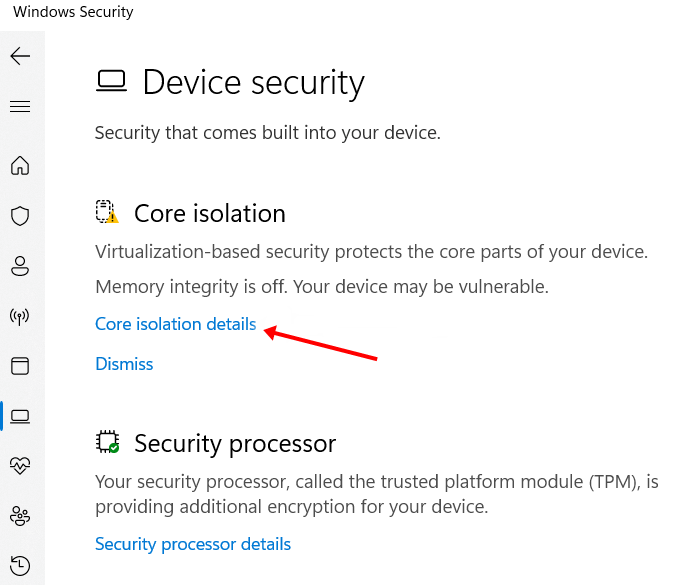
4. Now, turn off the Memory Integrity switch and click Yes when UAC asks. Integrity of memory
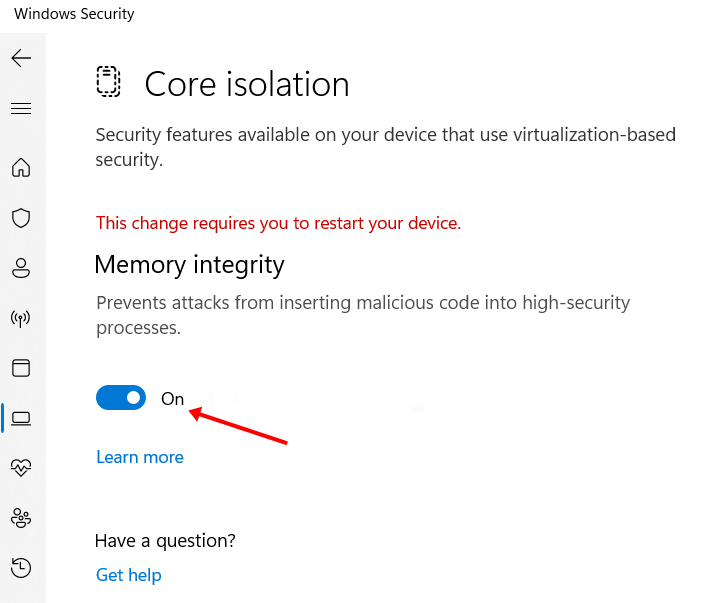
5. Delete UpperFilters And LowerFilter Files in Registry Editor
The next step is to delete the files UpperFilters and LowerFilters. Here are the steps you need to take:
- Press the keyboard button for Windows + X, and then click Device Manager.
- Click Properties after right-clicking on the driver that’s causing the issue.
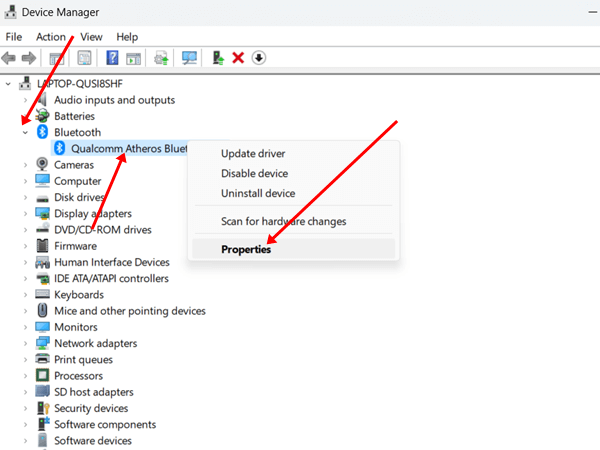
- Connect on the Details tab and then select Class GUID as Property.
- Copy the string under “Value”; this will be the Class GUID. Copy the string that’s under “Value.”
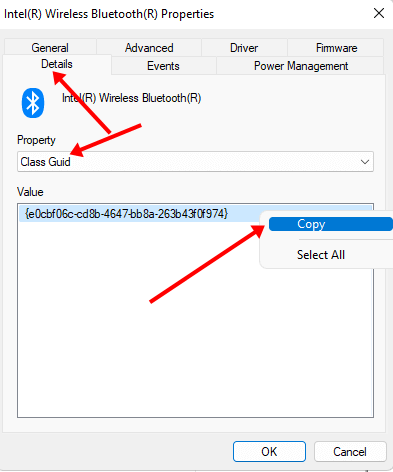
- Now, press the Windows + R keys together, type regedit, and click OK. Regedit
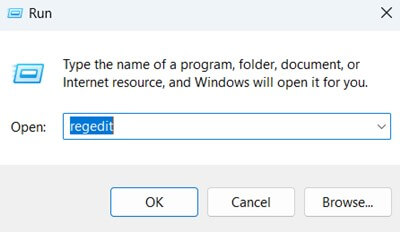
- Head to the following address in Registry Editor-
-
HKEY_LOCAL_MACHINE\SYSTEM\CurrentControlSet\Control\Class
-
- Look in the left tab for the Class GUID you copied and open it.
- Press the Delete key on your keyboard to delete the UpperFilters File after selecting it. Do the same thing with the file LowerFilters.
- It would help if you restarted your computer to save the changes you’ve made.
6. Restore the PC
If this error started happening on your PC after you installed an update, you can fix it by doing a system restore. Here are the steps you need to take:
- Press Windows + S, look for “Create A Restore Point,” and open it.
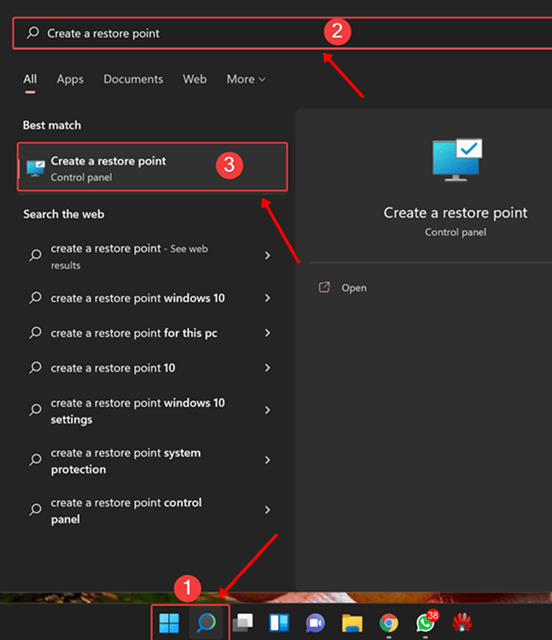
- Click on “System Restore” to go back in time. Button for system restore
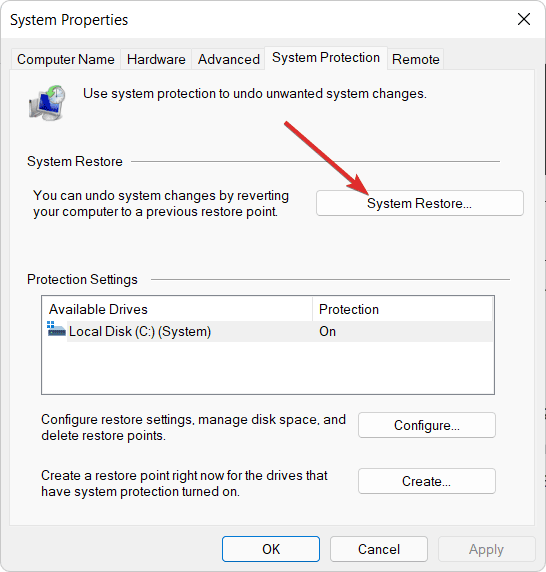
- Click Next to proceed to the System Restore screen.
- Now, select the restore point and click Next.
- The last step is to click “Finish” to start the process.
7. Reset the PC
If the issue persists, the only other option is to reset the PC. This will delete everything on your computer, including apps and settings. To do this, you can follow the steps below:
- To open Settings, press the Windows + I keys together.
- The Recovery option is located under the System tab. Click it. Fix the system
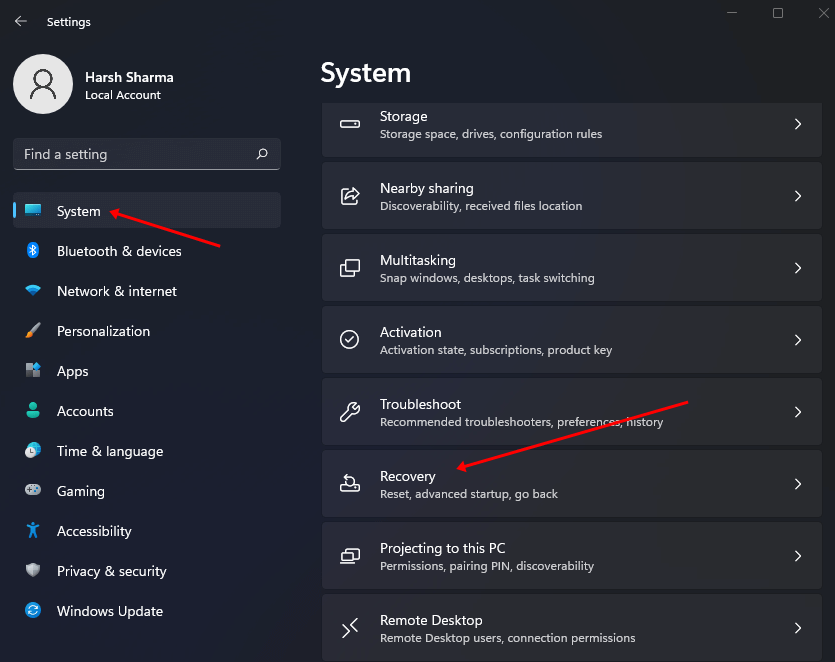
- Now, click the button that says “Reset PC.” reset pc
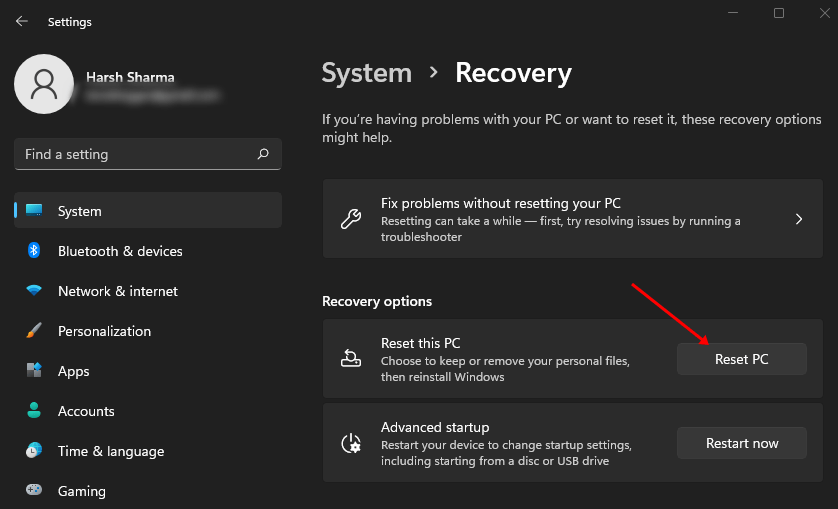
- Connect on Keep my files if you want to keep your files. Click on the Remove Everything option if you want to delete everything. Keep my records
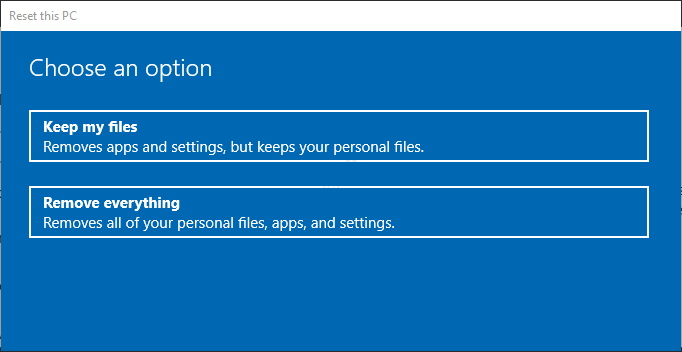
- Select Local Reinstall to install Windows 11 from the file if you have a Windows 11 ISO file. Otherwise, choose Cloud Down Load to download and install Windows 11 online.
- Click “Change Settings,” make the changes you want, and then click “Confirm.”
- To prove that your PC has been reset, click Reset.
Final Words
The steps above should help fix the Windows 11 error “A Driver Cannot Load On This Device.” Follow the above steps to resolve this issue if you resume receiving this error message because of drivers on your PC.
